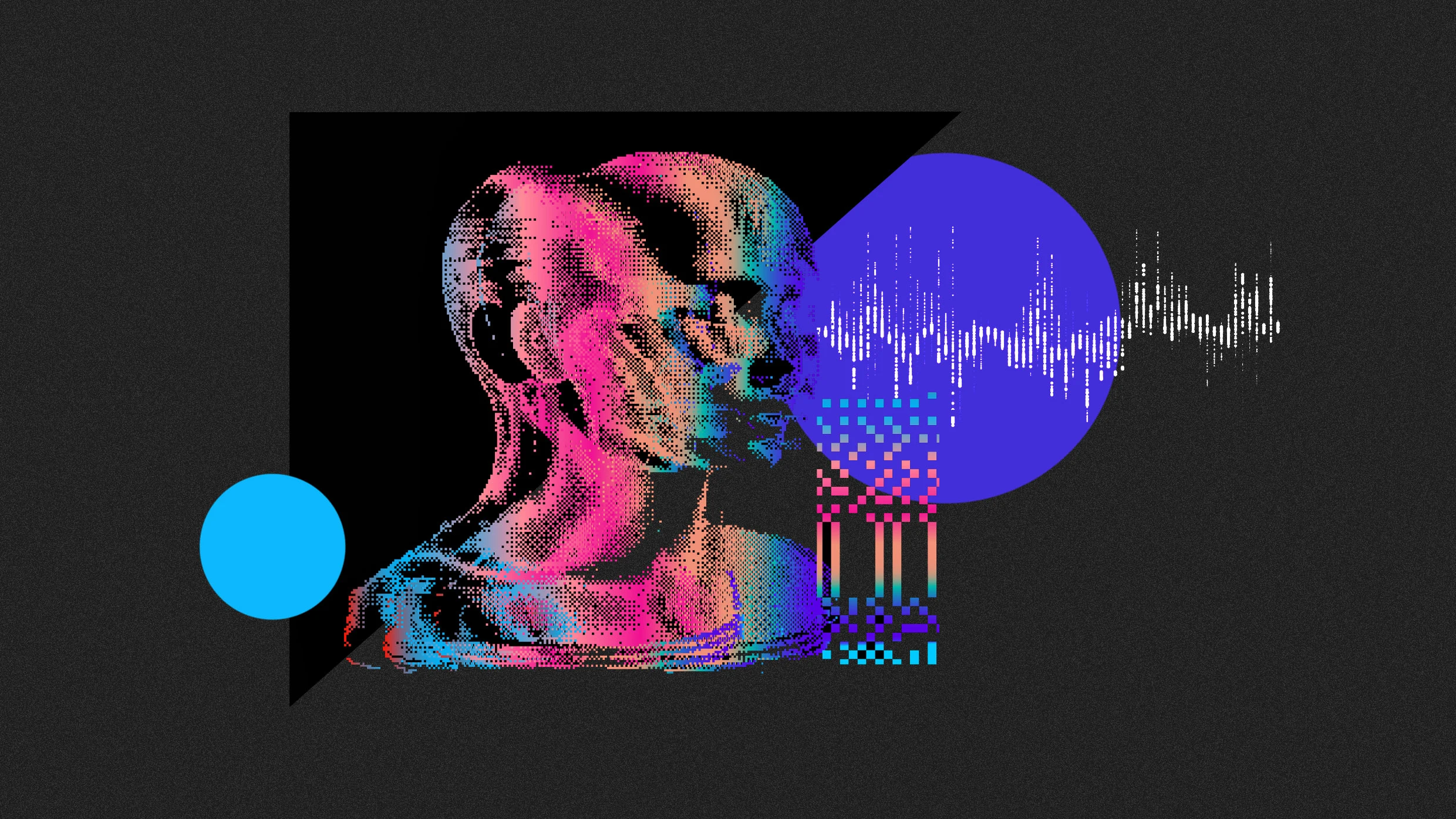#hiring-automation
#hiring-automation
[ follow ]
#recruiting #ai-interviews #employee-retention #hiring #talent-acquisition #ai-job-creation #upskilling
Artificial intelligence
fromSocial Media Explorer
1 month agoHow AI is Changing the Hiring Landscape for Good - Social Media Explorer
AI will create millions of jobs by augmenting human capabilities, easing tedious tasks, improving hiring, enabling upskilling, higher pay, work-life balance, and employee loyalty.
Startup companies
fromBusiness Insider
4 months agoThis startup uses AI agents to place people in jobs. Read the pitch deck it used to raise $20 million.
Jack & Jill raised $20 million to deploy autonomous AI agents matching job seekers and companies, serving over 49,000 job seekers and hundreds of companies.
fromIntelligencer
4 months agoCan an AI 'Tinder for Jobs' Make Looking for Work Suck Less?
Looking for a new job has always been, generally speaking, a massive pain in the ass. These days, this pain is often inflicted bureaucratically, through firms' opaque and mysterious hiring systems and the online platforms job seekers use to find them in the first place. The basic complaint spans industries: Sparse listings on exploitative sites are overwhelmed with applicants who, after applying, never hear back, not even with a rejection (were the listings even real?).
Startup companies
fromSlate Magazine
4 months agoI Got Laid Off. A.I. Wrote My New Cover Letter. It Was Surprisingly Good-Except for One Alarming Mistake.
I got laid off five months ago. Every morning I drink a pot of coffee while I write cover letters, tweak my résumé, and submit job applications into the abyss, knowing they will likely never be seen by human eyes-only crawled by the cold, lifeless algorithms of an artificial intelligence. I feel like General Zod from Superman, floating off into space trapped inside a two-dimensional phantom zone, screaming in silence about my job qualifications and core competencies.
Careers
Careers
fromFortune
5 months agoRecruiters caution against using AI to write job postings because it's been trained on 'crappy' descriptions | Fortune
Automating job descriptions with AI risks producing shallow, poorly informed postings that increase transactional hiring and reduce human insight needed for specialized IT recruiting.
fromClickUp
6 months agoHow to Automate Recruiting With AI for Efficient, Bias-Free Hiring
A recruiter's day often involves processing many applications, making it easy for eligible applicants to get buried. Between sorting resumes, filtering out mismatches, and keeping up with follow-ups, there's barely any time left for what really matters-hiring the right people. That's exactly why more companies are turning to AI. In fact, 88% of organizations already use AI to handle tasks like initial screening.
Artificial intelligence
Artificial intelligence
fromFortune
6 months agoAI recruiters could be the unlikely solution to career catfishing, with job seekers admitting they'd rather interview with a bot
AI voice interviews increase offer rates by 12% and improve candidate show-up rates and 30-day retention, with 78% of applicants preferring AI.
[ Load more ]

